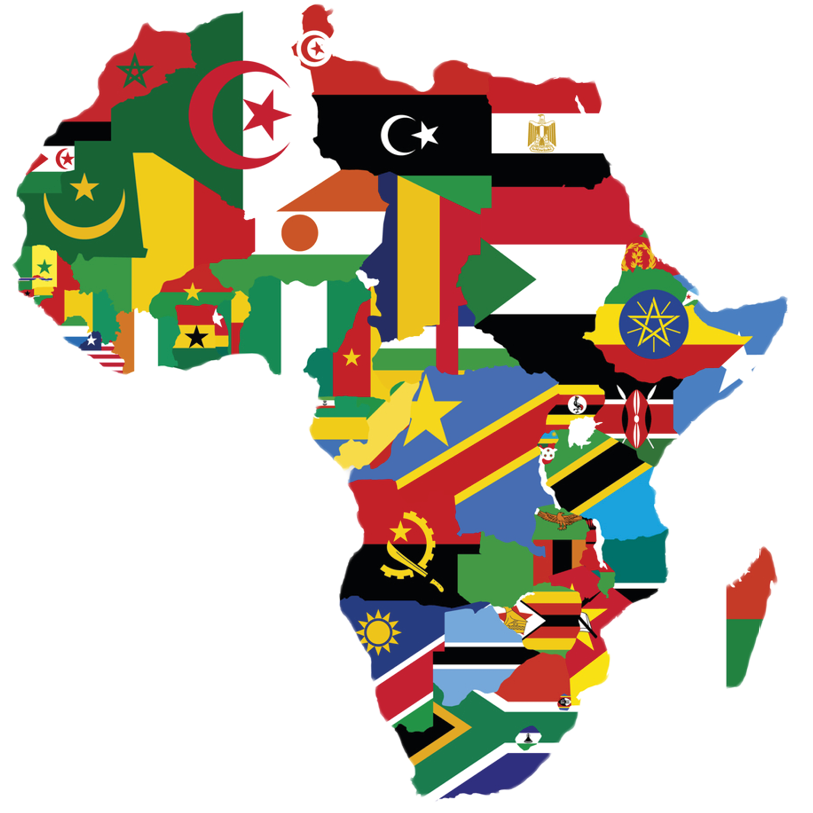A Story of Life, Love, and Death in Foreign Lands

Books by war correspondents highlight the difference between journalism and literature. No matter how terrible the atrocities or gruelling the reporter's experience, 300 pages of blood, thunder and self-promotion can be tedious. Not so Aidan Hartley's Zanzibar Chest. The former Reuters correspondent has written the most startling memoir of Africa for a generation. It is a complicated book. A white Kenyan, born of a line of colonial adventurers, Hartley is less concerned with the wars he reported, in Ethiopia, Somalia, Burundi and Rwanda, than with his place in them. In journalism, he saw an opportunity to re-engage with the continent of his birth, yet his experience of Africa's postcolonial dismantling seems only to confirm he doesn't belong.
In his quest for belonging, Hartley intertwines his own war stories with the tale of Peter Davey, a romantic young British officer and friend of his father, who was murdered in Aden in 1947 and whose diaries he finds in his dead father's Zanzibar chest. There are similarities between Davey and Hartley, two white men in savage lands. But Hartley strives for a more poetic connection. He believes Davey's death represented his father's loss of innocence, just as he himself was transformed by Africa's wars. By uncovering the details of Davey's life, he hopes to connect with his father, and so with his forefathers.
Hartley was born just as the paradise whites had forged in east Africa was falling from grace. After selling their ranch in Tanzania, his family moved to Kenya, and his father went into the aid industry. From then on, the young Aidan saw him only intermittently. While his mother took her children to England, his father remained with his nomads, took an Ethiopian mistress and showed little interest in his children's schooling.
The couple were reunited in Kenya a decade later, and, as a young graduate, their son followed them. Though an Englishman now, east Africa was still the nearest thing he had known to home. He found work with Reuters in Nairobi, just as the former cold war powers were withdrawing their aid from Africa, provoking conflict across the continent. "What I was looking for," he writes, "was a war that I could call my own - a complete experience that would define me as the son of my father and involve me as an insider." He found it in Somalia.
He arrived in Mogadishu shortly after a rebel clan had put the murderous Siad Barre to flight. "A Dionysian orgy of destruction" was in full swing, with militiamen wrecking any vestige of the nation state. Marvelling at their zeal for regression, Hartley recalls, "As a correspondent, I suppose my job was to excite the sympathy of the world for this forgotten and reviled nation, but all I can say now is that I have felt it a privilege to observe a people who tumbled into the abyss with such style."
The war brought famine that claimed nearly a million lives. Hartley's description of its victims typifies his style, brilliantly evoking the horror, and virtually devoid of sympathy: "brown rags, slack breasts and callused feet in the greenish gloom. Long teeth, white tongues, sunken eye sockets, alien heads, ribcages showing the crocodile-skin ridge of vertebrae poking up through the back".
Ironically, Hartley's best writing on Somalia describes an atrocity he didn't see. In 1992, US troops landed in Mogadishu to quell the chaos, and Hartley, thinking the story over, bailed out. But the Americans' brutal policies united Somalis against them. After helicopter gunships demolished a Mogadishu house, killing dozens of women and children, a vengeful mob killed four journalists, including three Reuters men. Hartley returned to Somalia to investigate and wrote a precise and moving account of the killings.
Hartley always writes beautifully, though his voice changes. In an unbearably portentous introduction, he compares himself and his fellow correspondents to the "swift messengers" of Isaiah, sent "to a people terrible from their beginning". Yet the account that follows is far more plausible, wittily portraying the petty vanities of foreign correspondents.
Behind his occasional bombast Hartley's desire to belong remains constant. Africa, his lost home, has failed him, so he looks to the fraternity of newsmen instead. He describes his years on the road as some never-to-be-repeated golden age of news. But this is ridiculous, as he later concedes: "Forgotten incidents of history become our unforgettable days." At last, wearying of journalism, he seeks in Davey's story confirmation that he is his forefathers' son.
Davey was in love with Arabia. He converted to Islam and married a local woman, before being forced to cast her off. The tale is beautifully told, but barely illuminates Hartley's war stories. There is little to suggest Davey's death was his father's defining moment. Nor, despite a throwaway reference to a breakdown, does it seem plausible that Hartley's own experiences have changed him as he claims. If the dual narrative works - it just about does - it is bound together by his desire to enter the lost world of his father's emotions.
Hartley believes he has forged an identity in Africa at last, through witnessing its suffering. Given his distant response to the victims, it is an awkward conclusion. As a quest for belonging, his years on the road seem more likely to have been a failure. Yet his recollection of them is gripping, and often intensely moving.